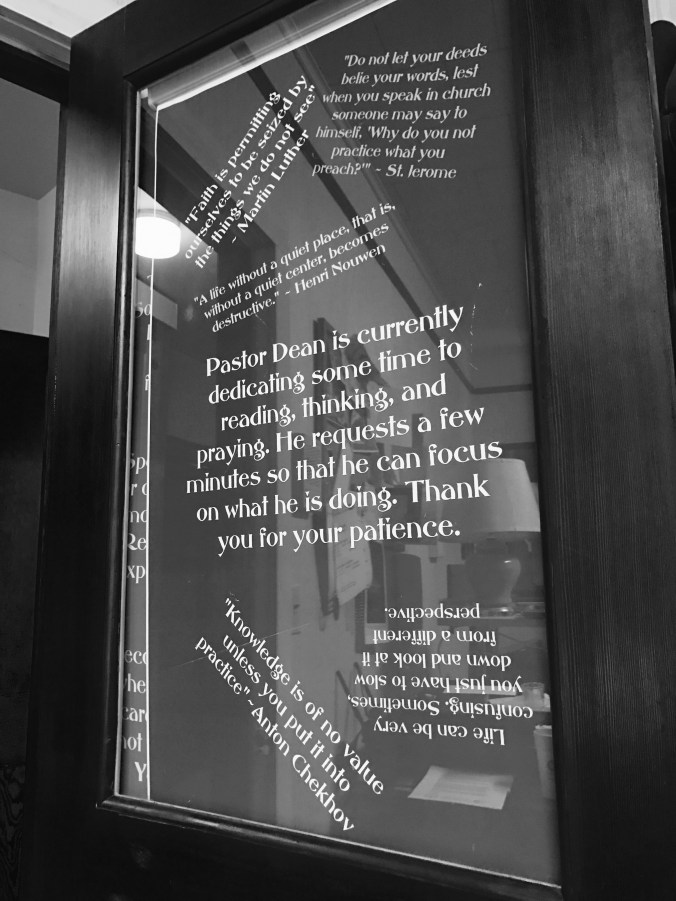I was gardening a few minutes before it happened. I spent the majority of the day getting the tomato patch ready for a good season. I pulled weeds, I measured space, I marked holes, I prepped the area, and finally planted the tomatoes. We planted 3 cherry tomato plants, 2 slicing tomato plants, and 3 paste tomato varieties for sauces. It had been a really productive day. I even planted flowers. I came inside and this is who I was…

I was this guy from the circus. I was climbing on life’s cannon. I avoided the news all day, avoided Facebook most of the day, and was ready to climb into the cannon of life. I was totally ready for what life had for me, because if life gave me lemons, I could use them to add a certain amount of acidity to my tomato sauces.
Then I read the Judicial Council’s decision on the election of Bishop Oliveto. I immediately felt like the man from the circus in the following picture…

Do you see that blur? That’s a person being fired out of a cannon. I know this because my phone took a continuous stream of photos and that’s the guy! You’d better hope that pad is in place when this happens, because that is really fast.
I felt like this man being shot across an arena when I read that article not because I am a member of the LGBTQI community–I am pretty much as heterosexual as people come. I did not feel like a man being shot across an arena because I have any relatives that are out of the closet–they’re all heterosexual as far as I can tell. I have no familial investment in the LGBTQI community as far as I know.
I felt like a person being shot out of a cannon because these actions come across to me as neither right nor righteous. We live in a world where there are children being driven from homes by war, greed, and hatred. We live in a world where children are forced into exploitive circumstances where they are taken advantage of in the most criminal of fashions. We live in a world where we are regularly discussing the possibility of nuclear war between North Korea and the United States on a nearly daily basis. We live in a messed up world and THIS is where we are spending our time and energy. If you’re reading frustration into my words, congratulations. You are correct. I am totally and completely frustrated by what has happened.
We act as if God is losing sleep over what two consenting adults do in a loving relationship but is okay with the effects that our personal investments and privileges have on people around the globe. Continuing to waste time and resources on the oppression of a community that has individuals who exemplify and exhibit the gifts of the Holy Spirit is simply and completely confounding to me.
Let me put this another way. If I call the pizzeria down the street and ask for them to send me the best pizza they have, the pizzeria might make any of a number of pizzas. They might send a black olive pizza, a cheeseburger pizza, a pepperoni pizza… The possibilities are endless, but I know this: if I ask them to make me a great pizza I’ll probably get a great pizza.
We ask God to send us leaders and then we get upset when God sends us leaders who don’t fit our conceptions of what is acceptable. We ask for God to help lead us forward into this new millennia and new century and then we get frustrated that God continually asks us to accept who we are sent instead of who we would prefer. We’re given talented leaders like Bishop Oliveto and we respond by threatening any group of clergy with punishment that would even consider electing another person like her.
Is it any wonder that someone who was ordained to help care for the body of Christ feels like he has been shot out of a cannon? I just wanted to worry about my tomatoes and now I’m worried about my church bleeding out over the massive wounding we just gave ourselves. I think we’ve all just been launched into the sky. I pray we have a soft landing.
